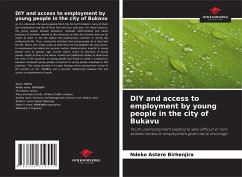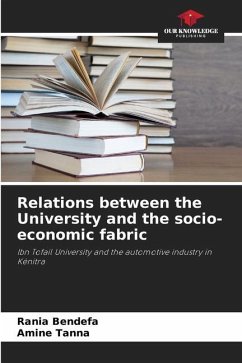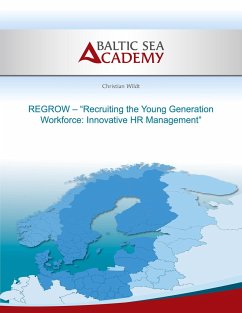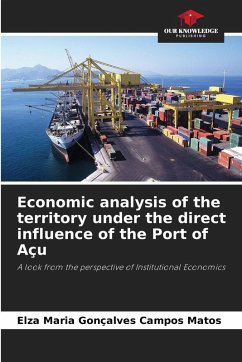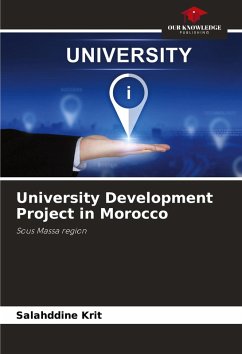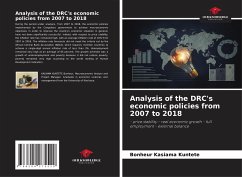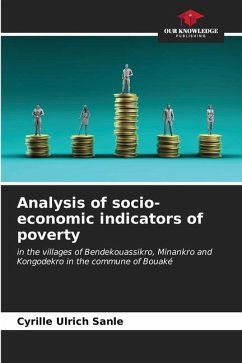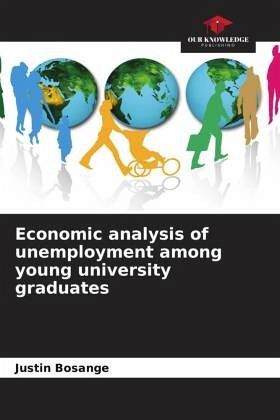
Economic analysis of unemployment among young university graduates
Versandkostenfrei!
Versandfertig in 6-10 Tagen
29,99 €
inkl. MwSt.

PAYBACK Punkte
15 °P sammeln!
Unemployment being intrinsically linked to wage-earning, the national history of the Democratic Republic of the Congo allows us to identify four moments or periods that have left their mark on the unemployment situation: colonization, nationalization known as Zairianization, the longest transition period from 1990 to 2006, and finally the Third Republic.I.2.8.1 UNEMPLOYMENT DURING COLONIZATIONIt should be stressed at the outset that unemployment in the DRC is essentially an urban phenomenon. It was in urban areas, where settlers concentrated many of their non-agricultural, industrial activitie...
Unemployment being intrinsically linked to wage-earning, the national history of the Democratic Republic of the Congo allows us to identify four moments or periods that have left their mark on the unemployment situation: colonization, nationalization known as Zairianization, the longest transition period from 1990 to 2006, and finally the Third Republic.I.2.8.1 UNEMPLOYMENT DURING COLONIZATIONIt should be stressed at the outset that unemployment in the DRC is essentially an urban phenomenon. It was in urban areas, where settlers concentrated many of their non-agricultural, industrial activities, so to speak, that unemployment most often occurred.It was with colonization that the rural exodus phenomenon began. It was with colonization that the phenomenon of rural exodus began. We can all agree that seasonal and cyclical unemployment dominated the colonial and decolonization periods. During the colonial period, Kinshasa had 40,985 workers; by 1945, this had risen to



